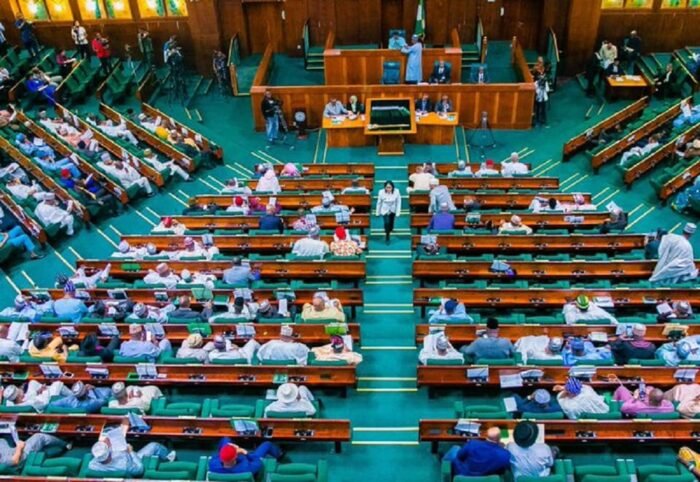Emergency rule: Reps inaugurates 21-member ad-hoc committee to oversee Rivers govt.
Committee
By Ikenna Osuoha
The House of Representatives on Tuesday inaugurated a 21-member ad-hoc committee to oversee the caretaker government in Rivers during the state of emergency.
Speaker of the House, Rep. Tajudeen Abbas, said that the inauguration of the committee was in line with Section 11(4) of the 1999 Constitution (as amended).
While reaffirming the National Assembly’s commitment to transparent governance in Nigeria, Abbas urged the committee to be non-partisan and impartial.
“Today’s inauguration of the 21-member ad-hoc committee on Rivers State reaffirms our constitutional commitment to transparent governance.
“Empowered by Section 5 of the State of Emergency (Rivers State) Proclamation 2025 and pursuant to Section 11(4) of our Constitution, this committee has a clear and non-partisan mandate,” he said.
According to him, the committee is to monitor the implementation of federal directives and policies in Rivers, ensuring that the caretaker administration adhered to the law.
The speaker said that the sensitivity and gravity of the assignment could not be over-emphasised, describing it as a litmus test for the committee members’ commitment to democratic principles and constitutional governance.
“The importance of the assignment places a considerable burden on the chairman and all members, as every action taken will be subject to national scrutiny,” he said.
Abbas urged the committee members to conduct their oversight with highest level of impartiality and monitor every aspect of the caretaker administration in strict accordance with the constitution.
“Beyond mere oversight, your work must actively support efforts to restore lasting peace and re-establish a fully functioning democratic system in Rivers State.
“You are called upon to interface with federal agencies, security institutions, and any reconciliation initiatives that may be established, fostering trust among all stakeholders in the process,” he said.
The speaker emphasised that the national assembly’s intervention in Rivers was not an instrument of political vendetta but a constitutional necessity.
He explained that it was the collective duty of the legislature to safeguard peace, security and rule of law in the state.
Abbas said any time that any state house of assembly was unable to perform its functions by reason of the situation prevailing in that state, the national assembly could make laws for the peace, order and good government in such state.
While commending President Bola Tinubu for rising to the occasion in Rivers, in accordance with section 305 of the constitution, he said it was a display of responsible leadership.
The speaker charged the Sole Administrator, Retired Rear Admiral Ibok-Ete Ibas to be highly transparent in the discharge of his duties, saying that his government is temporary.
Responding, Chairman of the committee, Rep. Julius Ihonvbere, thanked the speaker for rising to the occasion.
Ihonvbere, a professor and House Majority Leader, promised not to fail the national assembly and Nigerians at large in the discharge of their mandate.
The News Agency of Nigeria (NAN) reports that members of the committee include: Ali Isa, Deputy Chairman, Isiaka Ibrahim, Idris Wase, Aliyu Betara, Sada Soli, James Faleke, Igariwey Enwo, Shehu Rijau and Wole Oke.
Others are: Akarachi Amadi, Patrick Umoh, James Barka, Alex Egbona, Isa Anka, Amos Daniel, Erhiatake Ibori-Suenu, Onuh Onyeche, Fatima Talba, Chris Nkwonta and bibake Enenimiete. (NAN)(www.nannews.ng)
Edited by ‘Wale Sadeeq









